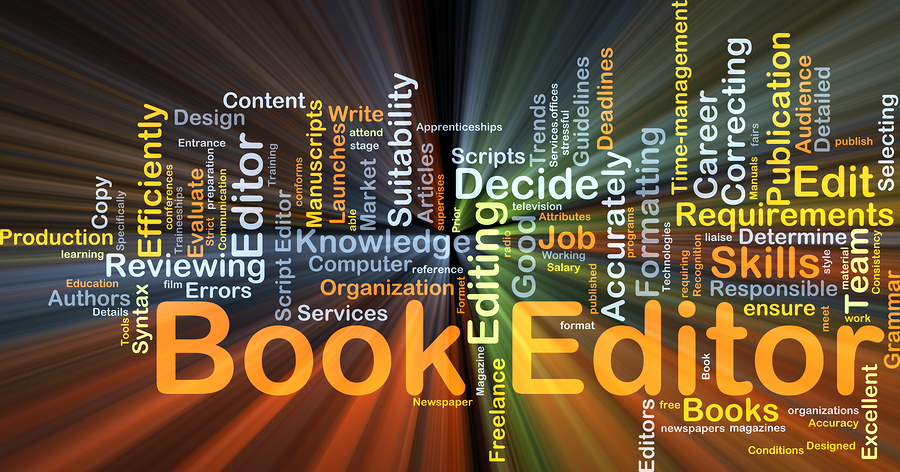Next week, I promise, we’ll jump into the nuts and bolts of editing. But today I want to talk about what editors don’t do. Why do I bring these things up? Because I’ve encountered each and every one of them as a freelance editor. I’ve had clients say, “While you’re editing, can you do the copyedit?” or “Since you’re also an agent, would you be willing to pitch just this book to an editor?” Here are the reasons my answer is always, “Nope.”
1. Editors are not copyeditors. Now, I’m not saying they don’t, in the course of an edit, catch typos and grammar goofs. Of course they do. And I’m not saying they can’t do a copyedit. Many can, just not while they’re editing because copyediting is a completely different brain function. It’s a jot-and-tittle function, while editing focuses on much broader and deeper elements of overall craft.
Think of it this way: in photography there is something called depth of field, referring to where the focus is fixed. In the first picture below, the focus is fixed on the tree in the background, so the tree is in sharp focus and everything else is fuzzy. In the second shot of the same scene the focus is on the bush in the foreground, so the tree in the background is now fuzzy. When I’m editing a manuscript, I’m keeping my focus on issues such as plot, pacing, dialogue mechanics, show vs. tell, character development, and so on. As with photography, you have to have a focal point in editing, so doing a copyedit at the same time you’re doing an edit is not just a bad idea, it’s a guarantee that something is going to be missed. Possibly something important.


2. Editors are not proofreaders. Again, many editors can proofread, but NOT when they are editing. Same reason as above: the focus is entirely different.
3. An editor is not a co-writer. Some editors, such as yours truly, are writers as well. That’s a great help when they need to explain why something is an issue and how to go about fixing it, even being able to write in examples to show what they’re talking about, but the work of revision and rewriting is yours. Not theirs.
4. An editor is not an agent. Many freelance editors were once in-house editors, so they may know the folks working at the publishing houses. Others who never worked in-house themselves do freelance editing for the publishers, which means they, too, know the in-house folks. But no matter how much an editor likes your manuscript, unless that person is also an agent, and has the broad training an agent needs (in contract interpretation and negotiations, career counsel, a solid understanding of rights and rights reversions, and an intimate knowledge of the different publishers’ “personalities”, to name just a few things), it’s not a great idea to ask them to pitch your book to an acquisitions editor or to be your agent for “just this one manuscript.” It’s the same issue as being both an editor and a copyeditor at the same time: the focus (and knowledge) for editing and agenting is very different.
Now, some freelance editors, like yours truly, are actually agents. If that’s the case, then leave it to the editor to broach the topic of possibly representing you. That way you don’t put them in the position of saying, “Oh, um…gee. Well…no.” Also, if you do have that conversation, be aware that those editors/agents will want to represent you, not just one book. Agenting isn’t about one-and-done, it’s about a long-term relationships that benefits you both.
Next week, we’ll dig into the elements of an edit. In fact, the elements of several different kinds of edits. So stay tuned!











